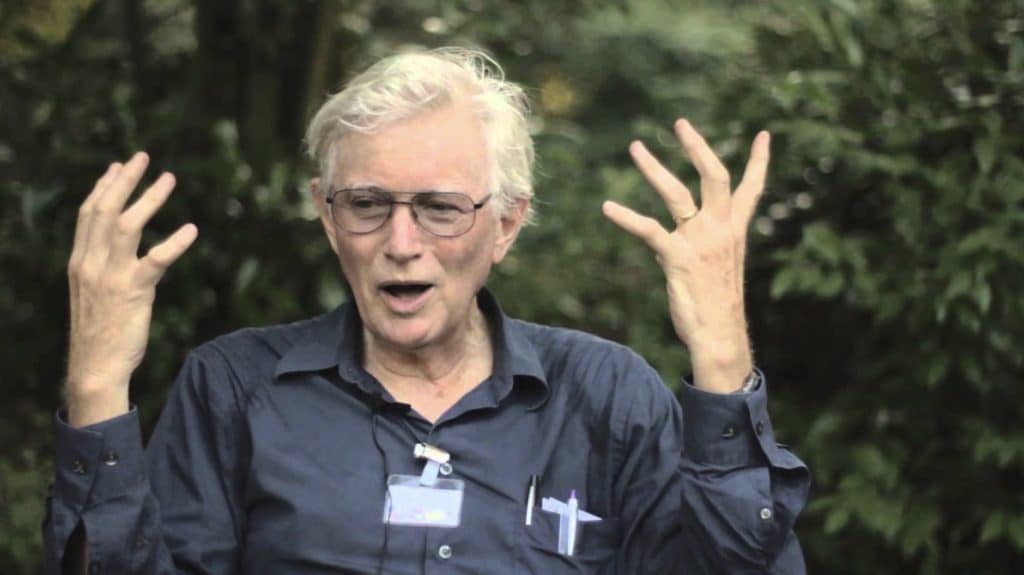“Children can educate themselves very effectively, when given the opportunity,” says Peter Gray. A research professor of psychology at Boston College and the president of the Alliance for Self-Directed Education, his work focuses on the role of play in human evolution and development.
Peter’s interest in how children learn arose 35 years ago, when his field of study still centered on basic mammalian motivational mechanisms. At this time, his son was rebelling in school and ultimately convinced his parents to let him attend the Sudbury Valley School in Framingham, Massachusetts, near the Gray family home.
Radically different from a traditional school, the Sudbury Valley School has no conventional classrooms or classes. Instead, children are free to play and explore their own interests.
Peter acquiesced but remained skeptical about what opportunities such an unconventional education would offer his son. So he did what any academic worth his salt would do: research.
His study of Sudbury graduates “changed my career; led me on a new path.” Apparent was how happy the former students were with their schooling and the memories of their childhoods. As kids, they were given abundant opportunity to pursue and develop their own interests. And as adults, many had chosen careers based on their investigated interests as well.
All over the world, “children primarily play, explore. That’s how children learn—but we’ve been increasingly suppressing it for the past several decades.”
Peter is the author of Free to Learn: Why Unleashing the Instinct to Play Will Make Our Children Happier, More Self-Reliant, and Better Students for Life and writes a regular blog on children’s learning for Psychology Today.
At the TEDxAsburyPark PASSION conference on Saturday, May 19 at the Paramount Theatre in Asbury Park, he will present his talk How Our Schools Thwart Passions.
“Our economy is demanding creative, self-starting people more than ever before; while the [traditional] school system is suppressing creativity and self-starting more than ever before.”
The effects of schooling resonate well into adulthood. Much to the chagrin of both colleges and employers, young people today are protected from making mistakes by the school system and their parents. “They want to be told what to do and don’t know how to handle freedom—or adversity,” Peter explains.
Through his TEDxAsburyPark talk, Peter hopes “to present an idea that is not intuitively obvious to most people, and to prevent another generation from what is going on.”
Join Peter and other dynamic speakers who will share ideas worth spreading at TEDxAsburyPark PASSION. Get your tickets today.

